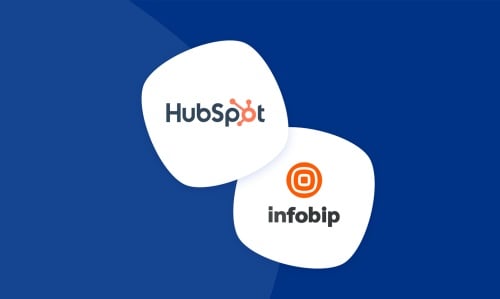How Quality Engineering Helps Healthcare Enterprises Navigate Compliance

With the healthcare industry increasingly reliant on digital platforms, regulatory compliance and data security have become top priorities. The integration of advanced Software Testing Services ensures that healthcare systems not only function correctly but also meet strict industry regulations.
By embedding quality engineering (QE) into the software lifecycle, organizations can preempt security flaws, reduce testing overhead, and maintain the integrity of sensitive patient data.
The Growing Compliance Burden in Healthcare
Healthcare providers operate in one of the most heavily regulated sectors. Compliance with standards like HIPAA (Health Insurance Portability and Accountability Act), HL7 (Health Level Seven), and GDPR (General Data Protection Regulation) is mandatory. Failure to comply can result in hefty penalties and reputational damage. In 2023 alone, U.S. healthcare organizations faced over $45 million in HIPAA violation fines, according to the Department of Health and Human Services (HHS).
To navigate these stringent requirements, healthcare enterprises must adopt a structured approach to testing that not only validates functional requirements but also ensures regulatory readiness.
Why Quality Engineering Is Crucial for Compliance
Quality Engineering Services go beyond traditional testing by integrating quality practices throughout the development lifecycle. Rather than verifying compliance after development, QE helps design it into the system from the outset. This shift-left approach enables early identification of issues, better collaboration between teams, and continuous quality monitoring.
Key benefits of QE in compliance and security include:
- Test coverage for regulatory rules (HIPAA, HL7, FDA CFR Part 11, etc.)
- Automated audit trails for testing and validation
- Shift-left security to catch vulnerabilities early
- Consistent reporting aligned with compliance requirements
Leveraging Software Testing Services for Compliance Automation
Effective Software Testing Services include tools and frameworks that automate much of the compliance verification process. Automation not only saves time and cost but also ensures consistency across releases. Test automation platforms can validate encryption protocols, role-based access control, data masking, and logging—key components of any compliant system.
For instance, testing frameworks integrated with CI/CD pipelines allow automatic execution of regression tests for compliance-related scenarios. This ensures that even the smallest change in code doesn’t violate healthcare data standards.
Addressing Security Threats with QA Services
Healthcare data is a prime target for cyberattacks. According to IBM’s 2023 “Cost of a Data Breach” report, the healthcare sector saw the highest average data breach cost of $10.93 million—a figure that continues to rise year over year.
QA Services must include security testing protocols such as vulnerability scanning, penetration testing, and code analysis. These practices help organizations proactively uncover weak points that could be exploited by attackers.
Furthermore, quality assurance teams can work closely with DevSecOps to integrate security from the earliest development stages. This not only aligns with compliance mandates but also helps in building resilient healthcare applications.
Role of IoT Testing Services in Connected Healthcare Systems
As healthcare increasingly depends on IoT devices like smart monitors, wearables, and connected medical equipment, the need for IoT Testing Services has become critical. Testing IoT systems for interoperability, real-time performance, and secure data transmission is now a regulatory necessity.
A 2023 Deloitte report revealed that 63% of healthcare organizations plan to increase investment in IoT-based patient monitoring systems, highlighting the importance of scalable testing strategies. IoT testing helps validate data encryption between devices and ensures compliance with emerging standards in connected care.
Real-World Application: Automating Compliance for Faster Go-to-Market
A leading healthcare SaaS provider recently adopted a QE-driven approach to overhaul its testing and compliance pipeline. By implementing automated compliance tests alongside their development process, the company:https://www.indium.tech/iot-testing-services/
- Achieved 100% test coverage for HIPAA controls
- Decreased manual effort by 60% through test automation
This real-world transformation underlines how Quality Engineering Services not only simplify compliance but also enhance time-to-market and system reliability.
Continuous Testing for Long-Term Compliance
Compliance isn’t a one-time box to check; it’s an ongoing commitment. That’s why continuous testing is a cornerstone of quality engineering. Automated scripts must be updated to reflect changing regulations, and test environments should simulate real-world usage scenarios to ensure readiness.





